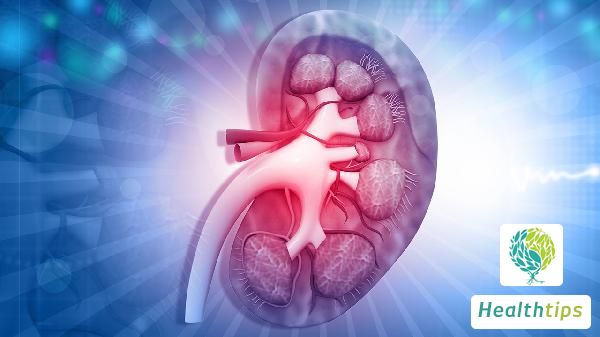Adrenal nodules can vary in size and can be either benign or malignant. When this condition occurs, it is important not to panic. Firstly, one should visit a reputable hospital for tests on adrenal cortical hormones and adrenal medullary hormones to check for abnormalities in electrolyte levels and blood pressure. Then, a decision on whether to operate should be made based on the size, shape, and nature of the nodule. Meanwhile, patients should pay attention to replenishing water and adjusting their diet to improve the condition of adrenal nodules.

Adrenal nodules are adrenal incidentalomas, mostly hyperplastic abnormal substances, often occurring in people aged 60-70. This condition not only disrupts the endocrine system but also impairs kidney function, leading to complications such as arrhythmia, fat metabolism disorders, and hypertension. Once adrenal nodules form, early examination, treatment, and care are necessary. When examining adrenal nodules, it is important to determine if they have specific functions and can adversely affect the body. If they are benign and do not cause abnormal damage to the body, no treatment is required. If they are malignant, diagnosis and treatment should be carried out as soon as possible. The examination mainly includes tests on adrenal cortical hormones and adrenal medullary hormones to observe whether the electrolyte and blood pressure levels are within the normal physiological range. At the same time, some functional tests are also needed to determine if the adrenal nodules are harmful. After determining the functionality of the nodules, corresponding treatment plans can be selected based on their size, growth pattern, and degree of harm. If the nodule is less than 1 cm, has no malignant growth or damage, and does not affect normal physiological structure and function, long-term observation is recommended. If the nodule exceeds 1 cm, laparoscopic surgery or other surgical methods are preferable. Laparoscopic surgery is a minimally invasive treatment with less bleeding, smaller trauma, and significant effects. Patients should improve their eating habits and avoid excessive salt intake, as sodium in salt can accumulate water in the body, making it difficult to excrete, thereby increasing the burden on the kidneys. Paying attention to water intake and replenishing water appropriately can help improve the body's metabolic function, expel a large amount of waste from the body, reduce the concentration of toxic substances in the kidneys, and decrease the likelihood of kidney damage. Patients with adrenal nodules should pay more attention to this condition. In daily work, study, and life, they should observe their physical condition closely. If adverse symptoms are found, they should visit a reputable hospital early for comprehensive and detailed examination and then make comprehensive judgments based on the specific examination results to choose effective treatment methods.

